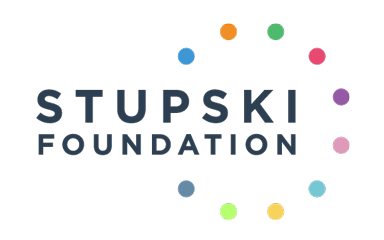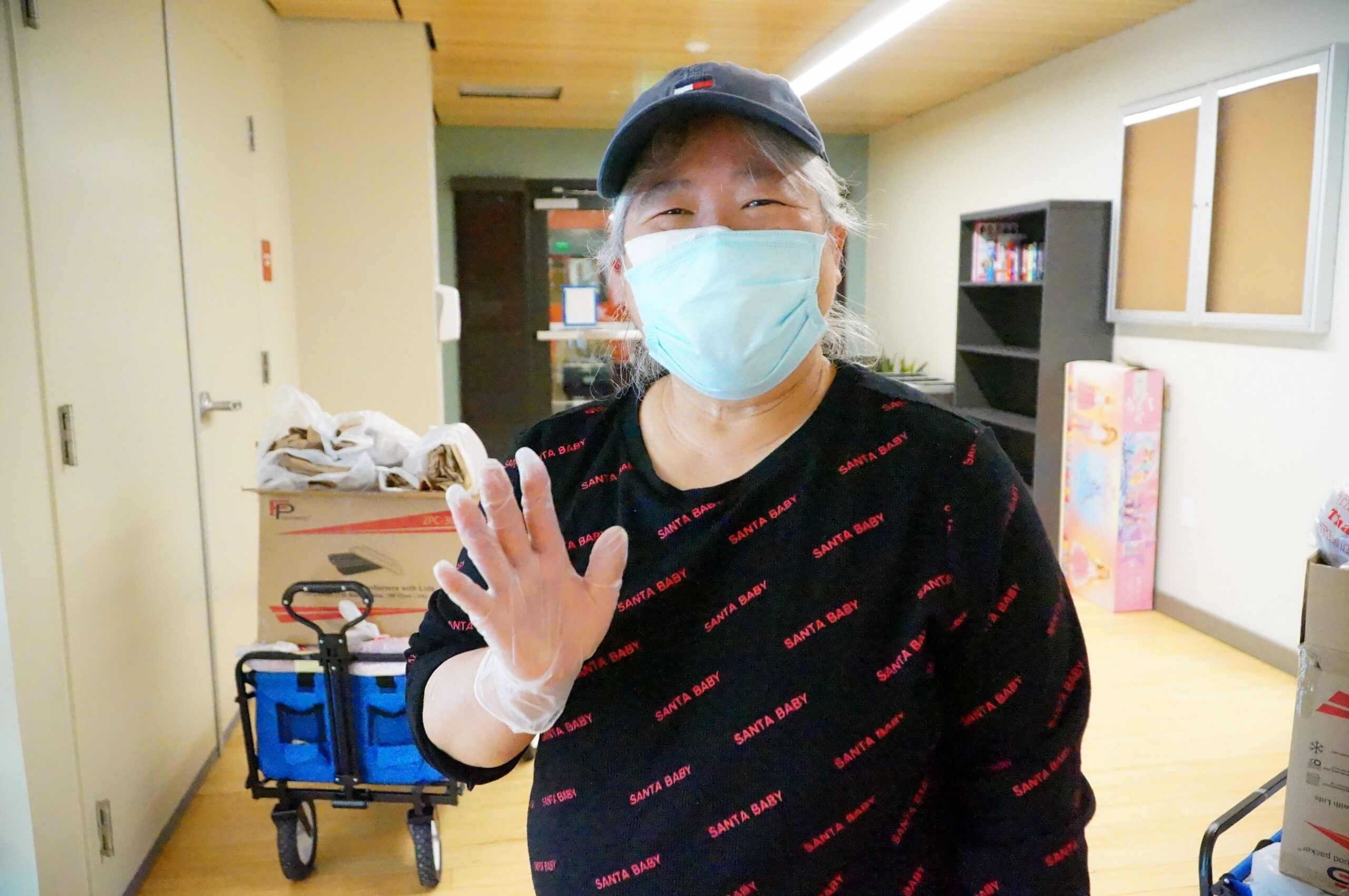Feb. 11, 2021
Last week, members of our community suffered from a series of violent attacks targeting Asian American Pacific Islander (AAPI) elders. In San Francisco, Vicha Ratanpakdee, an 84-year-old senior from Thailand, died after being tackled to the ground during his morning walk in Anza Vista. Across the bay, a 91-year-old Asian American man was shoved to the ground while shopping for groceries in Chinatown in Oakland.
The lack of media coverage and public attention on rising anti-Asian hate crimes and anti-Asian sentiment in our community is disturbing. We learned about these hate crimes and several others spreading across the country through grassroots social media campaigns and petitions from Asian American civil rights leaders after over a week of silence from most mainstream media outlets.
Since the onset of the pandemic last March, Bay Area Asian American organizations have reported a dramatic rise in attacks against AAPI community members, with over 700 violent attacks reported in the Bay Area and approximately 2,800 nationwide. This increase in anti-Asian attacks is the direct result of xenophobic terms that prominent political leaders and news outlets perpetuated during the onset of the pandemic. Racially charged terms establish dangerous stereotypes that perpetuate stigma and cause AAPIs physical and psychological harm like the recent attacks in the Bay Area. While we are glad to see our local leaders speaking out against these attacks and committing to increased safety measures leading up to Lunar New Year celebrations, our country must do more to address this violence long term.
As a funder partnering with nonprofits that work closely with the AAPI community to address food insecurity and serious illness care in Alameda and San Francisco Counties and Hawaiʻi, we stand in solidarity with leaders calling for immediate action. We join local AAPI leaders like Cally Wong, director of San Francisco’s Asian Pacific Islander Council, who call for rebuilding the “tattered social contract” with the AAPI community. Wong urges government leaders and funders to address the rise in racial violence against AAPIs and the compounding challenges they face during the pandemic. She calls on them to “allocate resources to communities that need it most, promote policies that seek to eradicate poverty and uplift equity, and strengthen communication in intentional and culturally competent ways.”
To meaningfully address anti-Asian violence and xenophobia, all of us must respect the range of unique and diverse identities, cultural traditions, and forms of oppression that different members of the AAPI community experience in our communities. It is also critical to highlight and value their contributions to society. Throughout the pandemic, Stupski’s AAPI organizational partners like Chinese Hospital have led efforts to expand telehealth and run mobile testing clinics to curb the spread of COVID-19. Simultaneously, our partners at Chinatown Community Development Center, API Council, Self Help for the Elderly, and Kōkua Kalihi Valley have led efforts to promote food security in our communities; from building programs that prepare 1,600 meals a day for residents in single-room-occupancy units and public housing in San Francisco’s Chinatown to delivering hundreds of food care packages weekly to communities in Kalihi Valley on O‘ahu, the work of AAPIs in our communities is invaluable.
Everyone should be able to navigate our communities safely with dignity and respect. To help make this a reality in the places we call home, Stupski commits to continue partnering with local AAPI leaders, supporting community-led solutions, and joining their calls to protect and respect AAPIs.
We encourage our peer funders, local political leaders, and mainstream media outlets to use their voices and platforms to speak out against these attacks and engage in ongoing partnerships with AAPI leaders in their communities. Together, we will identify, address, and work toward dismantling anti-Asian racism to create safer, more equitable communities for all.
*Photo courtesy of Chinatown Community Center featuring their Feed + Fuel Chinatown program.


